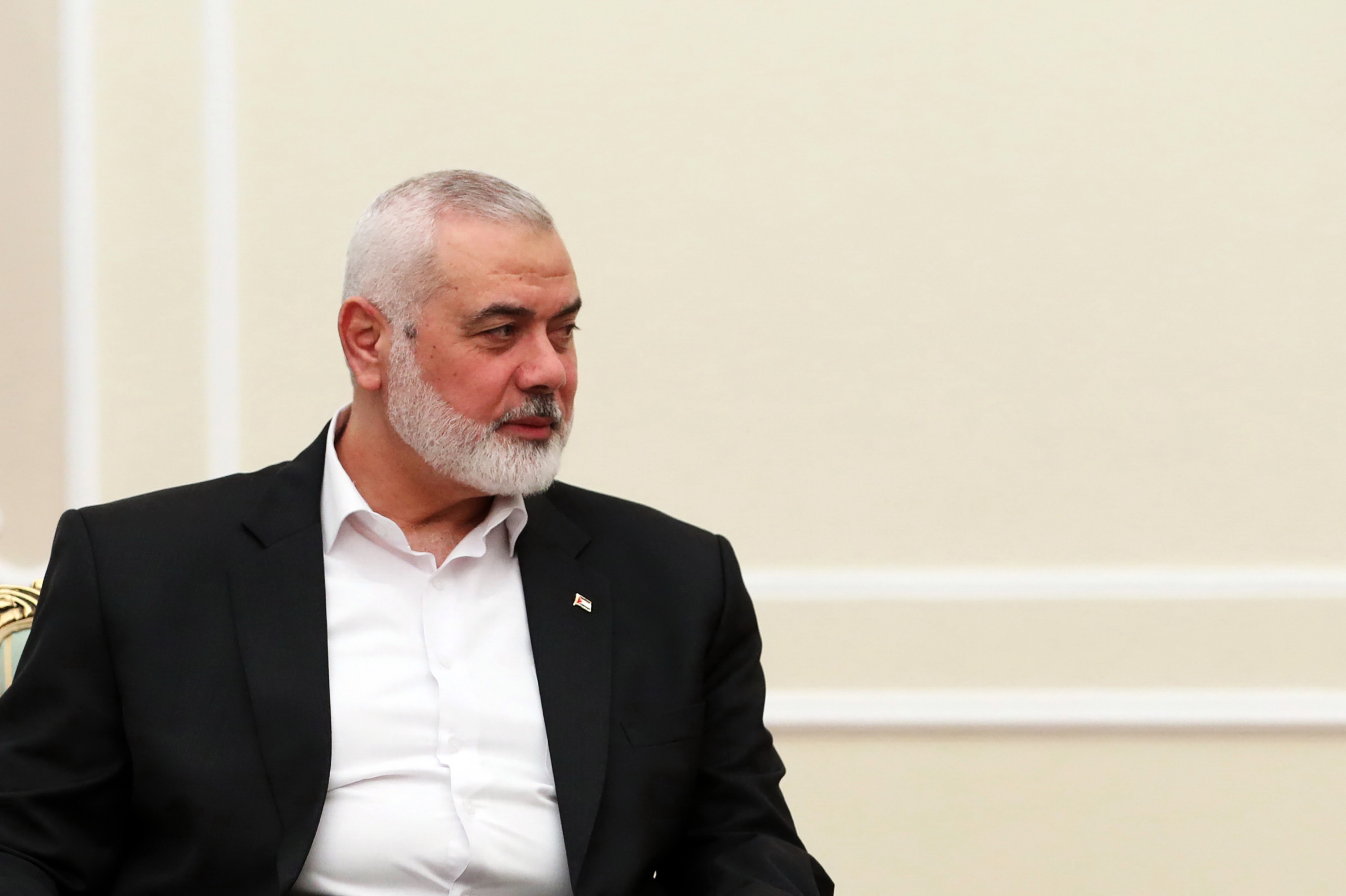Following the reported death of Ismail Haniyeh, the leader of Hamas, in Tehran, Russia’s Deputy Foreign Minister Mikhail Bogdanov has issued a stern warning. He called the incident an “unacceptable political assassination” and suggested it could increase tensions in the already volatile region.
Haniyeh was allegedly killed in an Israeli operation early Wednesday, though Israel has not yet confirmed its involvement. This incident comes after Hamas’s attack on southern Israel on October 7, which resulted in significant casualties and kidnappings. The conflict in Gaza has since escalated, with Hamas-run health authorities reporting at least 39,000 deaths.
Bogdanov added that the killing of Haniyeh could jeopardize ongoing discussions about ceasefires and the release of hostages in Doha, according to the state news agency RIA Novosti. He emphasized that the organizers of this act were likely aware of the possible repercussions for regional stability.

Before his death, Haniyeh reportedly attended the inauguration of Iran’s new president, Masoud Pezeshkian. Reports indicate he was residing at a veterans’ building when the raid occurred. Notably, Russia has not designated Hamas as a terrorist organization and has engaged in dialogue with its officials in the past.
The fallout from Haniyeh’s death has raised questions about Iran’s potential response. Defense analyst Andrew Fox suggested that while a surge in rocket attacks from Iranian proxies is plausible, a swift nuclear escalation is less likely. He highlighted the current cautious approach Iran might take in retaliation.
Iran’s Supreme Leader, Ayatollah Ali Khamenei, commented that Israel has “prepared the ground for a harsh punishment for itself.” Additionally, Turkey’s foreign ministry criticized Israeli Prime Minister Netanyahu, accusing him of undermining peace efforts. Jordan has condemned the assassination, warning it could lead to increased instability, while China expressed its strong opposition to the act and concern over regional unrest.
